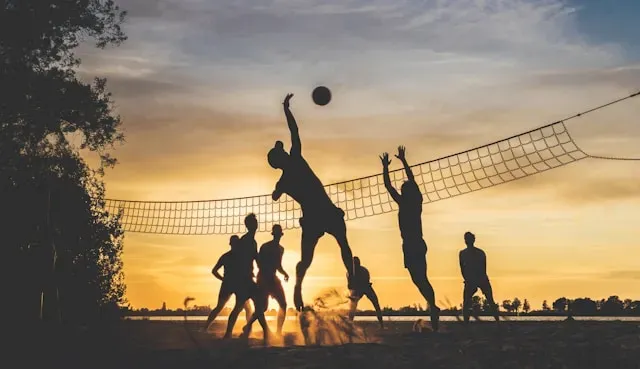
Sports Psychology Techniques
Explore sports psychology & its benefits for athletes. Learn how Carepatron software empowers sports psychologists.
Get carepatron free
Commonly asked questions
Athletes of all levels, from youth sports to professionals, can benefit from sports psychology. It addresses mental challenges, improves performance, boosts motivation, and fosters mental toughness, leading to a more rewarding athletic experience.
Sports psychology helps athletes manage anxiety, improve focus and motivation, develop coping mechanisms for setbacks, and build mental toughness. Sports psychologists can address issues like body image and performance slumps.
Carepatron streamlines appointment scheduling, online payments, and secure communication with athletes. It also allows progress tracking, secure note-taking, and collaboration with other healthcare professionals involved in the athlete's well-being.







